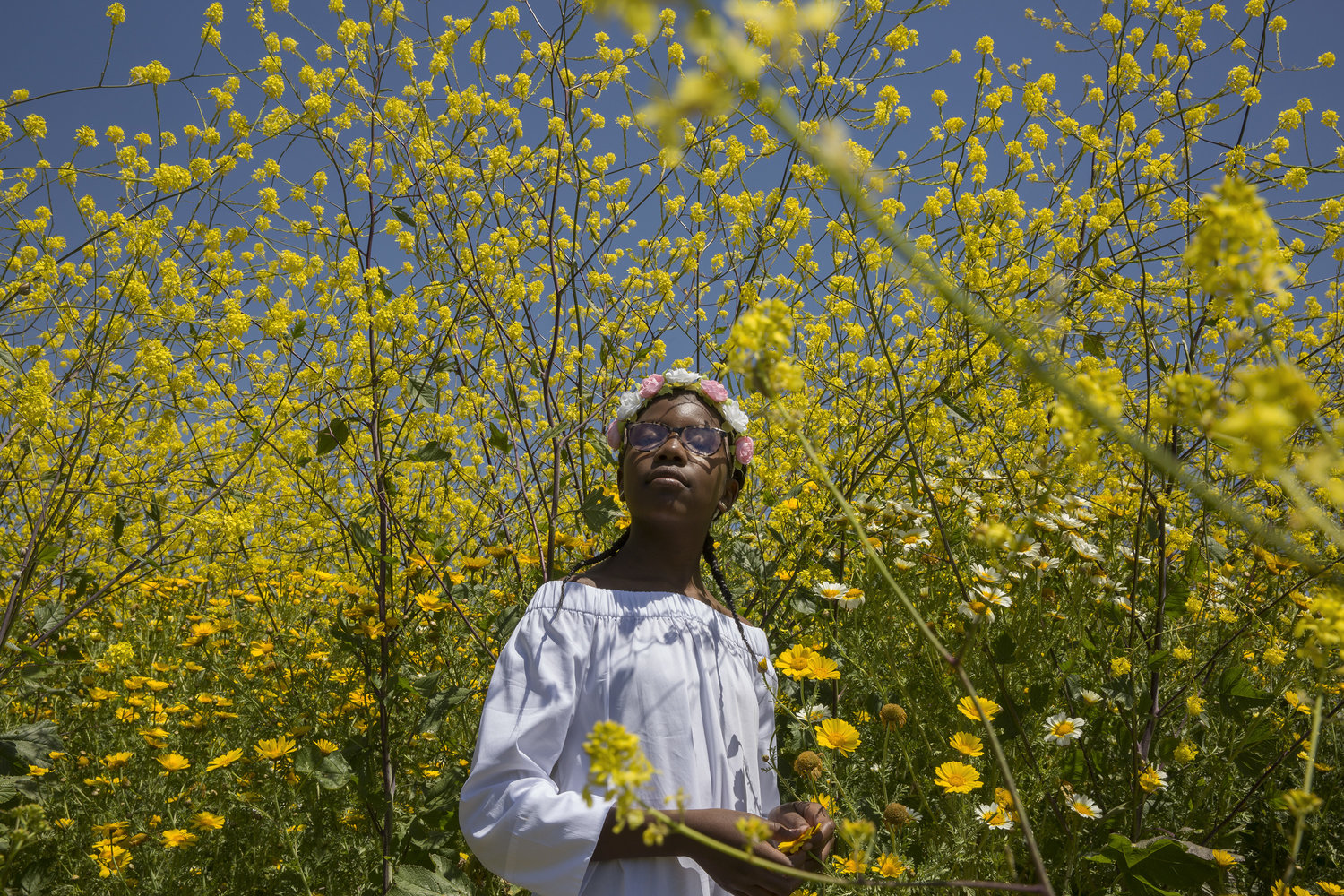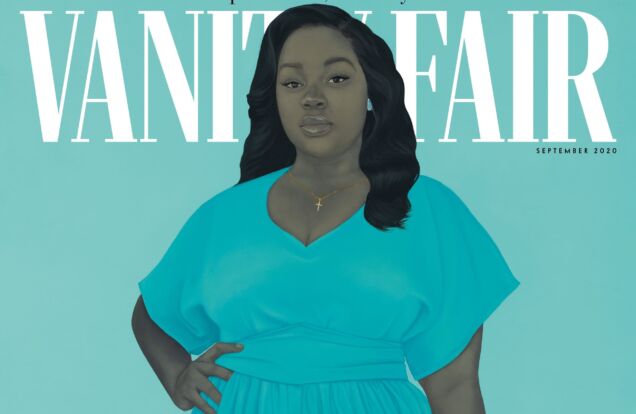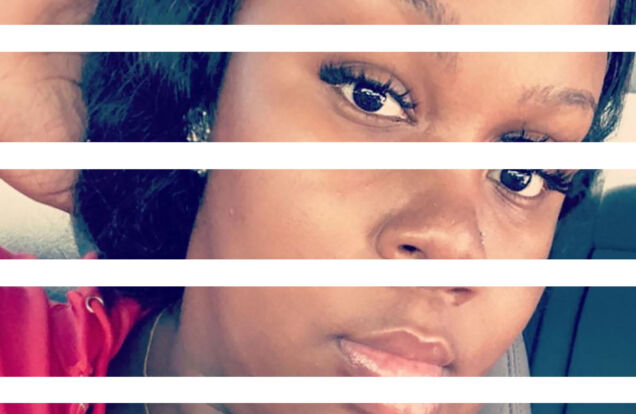A LOVE SONG FOR LATASHA
The Original Breonna Taylor

The more times change, the more it stays the same. Netflix’s upcoming release A Love Song for Latasha reestablishes that idea. One that social injustice in the Black community persists to this day.
The documentary covers the events of March 21st, 1991. On that night, Soon Ja Du, a Korean clerk from South Central Los Angeles, shot and killed 15-year old Latasha Harlins. It was because the young black teenager was suspected of shoplifting.
During the case, video evidence revealed that the teen had the cash on hand with the intent to pay for the beverage. But she was fatally shot in the head. The reason? It was over a $1.79 bottle of orange juice.
Du was convicted of voluntary manslaughter. And with decades of a prison sentence looming, the court ruled that Du serve five years of probation, 400 hours of community service, and pay a fine.
Sophia Nahli Allison, a Los Angeles native and upcoming filmmaker revisits this as an interview with theGrio. She says that her goal was to “conjure and excavate stories of the community and stories of Black women and Black girls.” It was also to show what happened to the girls and point out what could have been, especially for 15-year old Harlins.
But, the event was overshadowed by the Rodney King beating, which happened two weeks before Harlins’ murder.
With lyrics dedicated to her by the late Tupac Shakur, it draws many parallels to the issues we have in 2020, nearly 30 years later.
The George Floyd and Breonna Taylor stories are mere images of the late fall in 1991. The result of the former was the catalyst for the LA riots. The latter did have its fair share of isolated protests throughout the country, yet most were peaceful protests conducted by people of all colors.
Despite the slight differences, the lack of attention to detail Breonna Taylor’s situation spelled out a story requiring attention. With Allison’s upcoming piece, it is a conversation long overdue and a failure of justice that persists to this day. The city of Louisville has agreed to pay Taylor’s family $12 million and push for police reforms in a historic settlement.
It is as if Harlins has paved the way for Breonna Taylor to be recognized. The problem is, it shouldn’t have ever gotten to the point where the road needed to be paved. Regardless, the conversation for justice should continue, beyond economic salvation, with criminal sentencing and protection of all black women. Netflix streams the documentary starting on September 21st.


